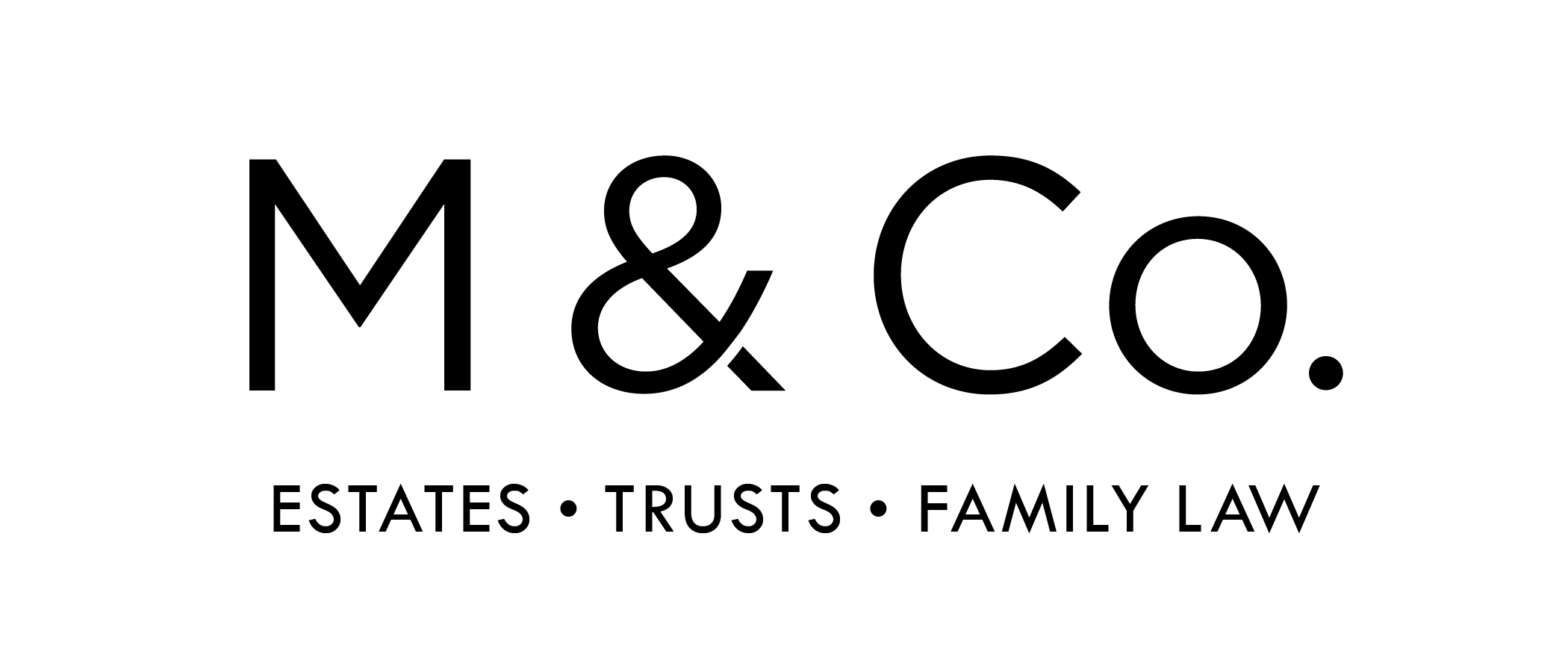Both collaborative law and mediation are considered alternative dispute resolutions. The different forms of alternative dispute resolution are becoming more and more popular, as they allow divorce issues to be resolved in a much more peaceful manner, foregoing litigation and adversarial cross-examination.
Alternative methods, such as mediation and collaborative law offer a more customized path to ending a marriage and are typically more flexible, less expensive, and faster than litigation.
What are the Benefits of Mediation?
When you choose mediation, you will have a neutral third party (mediator) to help you and your spouse negotiate. The mediator has no power to make binding decisions about your divorce. The process is informal and flexible, and there is no obligation to hire a lawyer. Mediation is less time-consuming than litigation, and is relatively inexpensive, particularly when compared to litigation.
Some believe mediation encourages creative solutions—solutions that may be outside what the law would prescribe, such as trading payments for job-training now for a shorter amount of time paying spousal support. In mediation, the parties are free to decide exactly what will work for them, regardless of whether it is an outside-the-box solution. Mediation does allow you to add professionals to the process, including your lawyer.
What are the Benefits of Collaborative Law?
In a collaborative divorce, each spouse is represented by a collaborative lawyer. The spouses will both sign a “no court” agreement, and, in fact, if the case does go to court, both lawyers must withdraw. The four parties will negotiate in meetings that may or may not involve other professionals such as social workers, or financial professionals. Like mediation, the process is informal and flexible, as well as less expensive and more efficient than litigation.
If you feel you need a lawyer looking out for your interests, you might find collaborative divorce a better choice. Likewise, if your divorce will involve complex legal or financial issues, you definitely will want to choose collaborative law over mediation. If you feel you are at a disadvantage when negotiating with your spouse, you could probably benefit from the added structure and “insulation” of a collaborative divorce.
Are There Negative Aspects of Mediation and Collaborative Law?
The biggest downside to a collaborative divorce is that if it does not work, both lawyers must withdraw, and you are back at square one with a new lawyer, and (probably) new advisers and experts, adding significant expense and delay. The reality is that it is relatively rare for the collaborative process to completely breakdown without a chance of success. If mediation is unsuccessful, there may be a tendency on the part of the spouses to give up on reaching a reasonable settlement.
If no settlement is reached through mediation, you may have to start over, losing the money you spent on the mediation. If you have concerns regarding the success of mediation, be sure you hire a consulting lawyer who can go the distance with you. Depending on your situation, if you start out with mediation and it goes south, you may be able to switch over to a collaborative divorce.
When you choose M&Co Law, we will listen closely to your concerns, answer all your questions, and explain things in a way you can understand. Our goal at M&Co Law is to ensure you feel comfortable with whatever divorce process you choose. We will set up a negotiation process that makes the most sense for you and your family, bringing in other professionals when the situation warrants. At M&Co Law, we want to help you move forward by resolving the issues related to your divorce.



